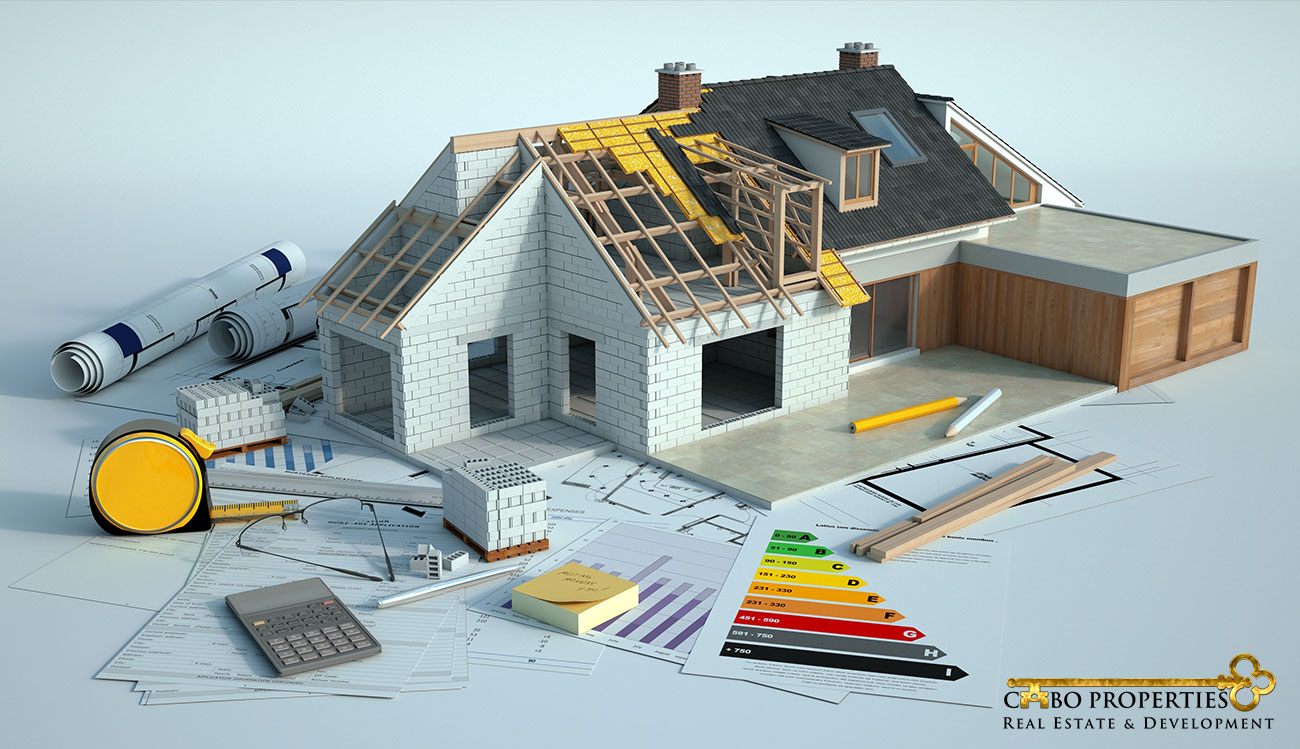+ 52 624 143 38 73

In real estate, Preconstruction refers to the stage in a real estate development project that occurs before the actual construction of the property or building. During this phase, the developer works on the design, planning, and feasibility of the project. The preconstruction phase is critical to the success of the project, and it involves several important steps, including:
1. Site Selection: During the preconstruction phase, the developer selects a site for the development. The site should meet the project’s requirements, such as zoning, accessibility, and available infrastructure.
2. Conceptual Design: The developer works with architects and engineers to develop a preliminary design for the project. This design will include the size, layout, and features of the building.
3. Feasibility Study: The developer conducts a feasibility study to determine whether the project is financially viable. This study will include an analysis of the market, competition, financing options, and other factors that may impact the project’s success.
4. Permitting and Approvals: The developer obtains necessary permits and approvals from regulatory authorities before construction can begin. This may include zoning approvals, building permits, and environmental permits.
5. Marketing and Sales: The developer starts marketing the project to potential buyers or investors. This may involve creating a sales center or showroom, developing marketing materials, and holding preview events to showcase the project.
The preconstruction phase is crucial in real estate development as it helps the developer to determine the feasibility of the project, assess the risks, and plan for the construction phase. By properly planning and preparing for the construction phase, the developer can ensure that the project will be completed on time, within budget, and meet the expectations of the market and investors.
Remember to remain calm and professional throughout the interaction, even if the client becomes emotional or confrontational. By listening, apologizing, empathizing, offering a solution, and following up, you can help to turn a negative situation into a positive one.


